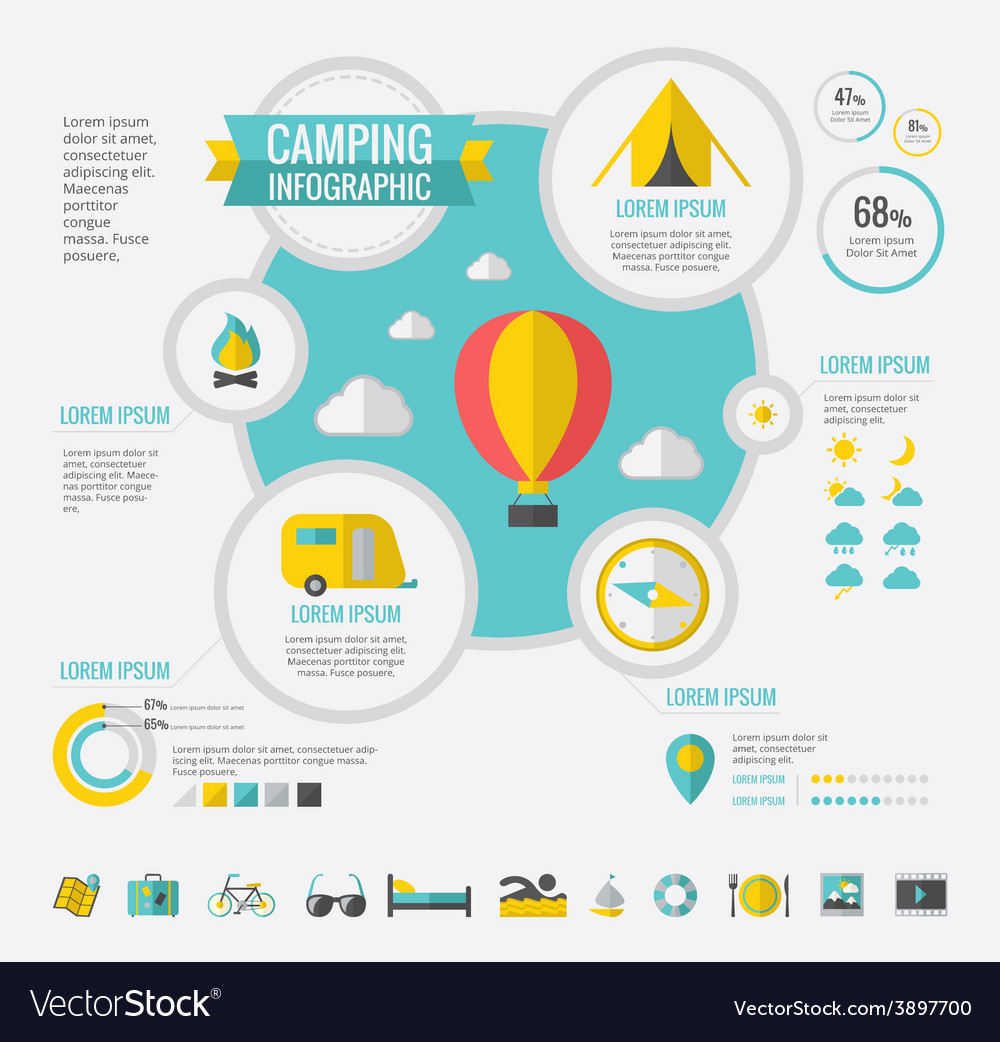Why Accessibility Matters In Tent Door Design
The Benefits and drawbacks of Cotton Vs Polyester CanvasPolyester textile finds a diverse series of applications throughout the garment industry. Whether you're an artist searching for a secure paint surface or a maker looking for solid decorative materials, polyester canvas uses the appropriate equilibrium of strength, versatility and environment-friendly top qualities.
Nevertheless, some people like cotton for its breathability and gentleness. Garment designers may intend to think about a 50/50 Cotton/Polyester blend for jobs that require both longevity and comfort.
Price
Cotton canvas is more costly than polyester because of its resource-intensive growing procedure. It also calls for careful handling and storage space to preserve its top quality gradually. These included expenses can drive up the general price of production for musicians and producers.
Another disadvantage to cotton canvas is its sensitivity to fading and damage from UV direct exposure. This can lead to minimized shade vibrancy in time and a loss of architectural integrity, particularly in locations that experience frequent get in touch with or heavy load-bearing.
In contrast, polyester is a synthetic fiber that's crafted for consistency and sturdiness. This makes it an extra affordable option for manufacturers and purchasers, especially in locations where longevity is a top concern. The product's strength also provides enhanced resistance to creases and cracking in time. The artificial nature of polyester, nonetheless, can leave a larger environmental impact than cotton canvas if it's not sourced from natural or low-impact systems. This is an important consideration for companies pursuing sustainability and eco-conscious branding.
Durability
Out there for canvas rolls, customers face a wide array of options with contending top priorities. Cotton offers all-natural appearance and breathability, ideal for brands concentrated on sustainability and craftsmen workmanship. Polyester, on the other hand, delivers a balanced combination of toughness and security and printing efficiency with shade vibrancy and durability.
Eventually, the material you select for your items have to reflect the assisting concepts of your brand story and values. While cotton can provide a premium aesthetic, it's also susceptible to shrinkage and upkeep costs, while polyester makes it possible for better production effectiveness and long-lasting cost effectiveness.
Both fabrics are durable and do well in damp settings, yet their different top qualities make them ideal for various applications. Cotton canvas is extra breathable, minimizing the threat of mold and mildew and mold in areas with high humidity. Polyester, on the other hand, is waterproof and dries out rapidly in environments where dampness can be problematic. This can decrease the risk of moisture build-up in the fabric, stopping bending or rot in your product over time.
Convenience
When reviewing textile alternatives for your brand name-- whether you're beginning a workwear line or a comfy loungewear brand name-- the kind of cotton or polyester canvas you select effects exactly how your products look, really feel, and put on. While all canvas types support print-on-demand and offer high form security, they differ in shade presentation and printing toughness, convenience, and sustainability.
Cotton and cotton-polyester duffel bag blends supply a soft texture, natural organic appearance, and superior heat equilibrium compared to synthetic alternatives. Cotton's fibers wick moisture far from the skin and permit warm to escape, making it perfect for clothes that requires long term wear in warm settings.
On the other hand, polyester's synthetic nature and petroleum-based manufacturing process have an adverse energy balance, which can make it less environmentally friendly than cotton in the future. Polyester's abrasion resistance and water-repellency are superb, nevertheless, which makes it the ideal option for heavy lots or extreme weather like rainstorms or marine settings.
Ecological Effect
Whether picking cotton or polyester, the excellent product for customized production relies on product efficiency objectives. Strength, longevity, and durability are very important elements when making items that will sustain repeated abrasion, hefty load-bearing, or high tension factors. Water resistance, seam honesty, and UV stability are likewise crucial to long-lasting success in outdoor and moist environments.
While both materials can execute well in these areas, their ecological impact is slightly different. Cotton's all-natural, breathable construction needs substantially extra resources for growing than polyester's artificial fibers.
When choosing an ecologically lasting fabric, consider a vast array of impact evaluation approaches to determine the full ecological impact of your product. Some focus on certain impacts (like global warming capacity, water use, and shortage) while others rely upon more alternative analyses like ReCiPe, ILCD, CML, and Eco-indicator 99.
